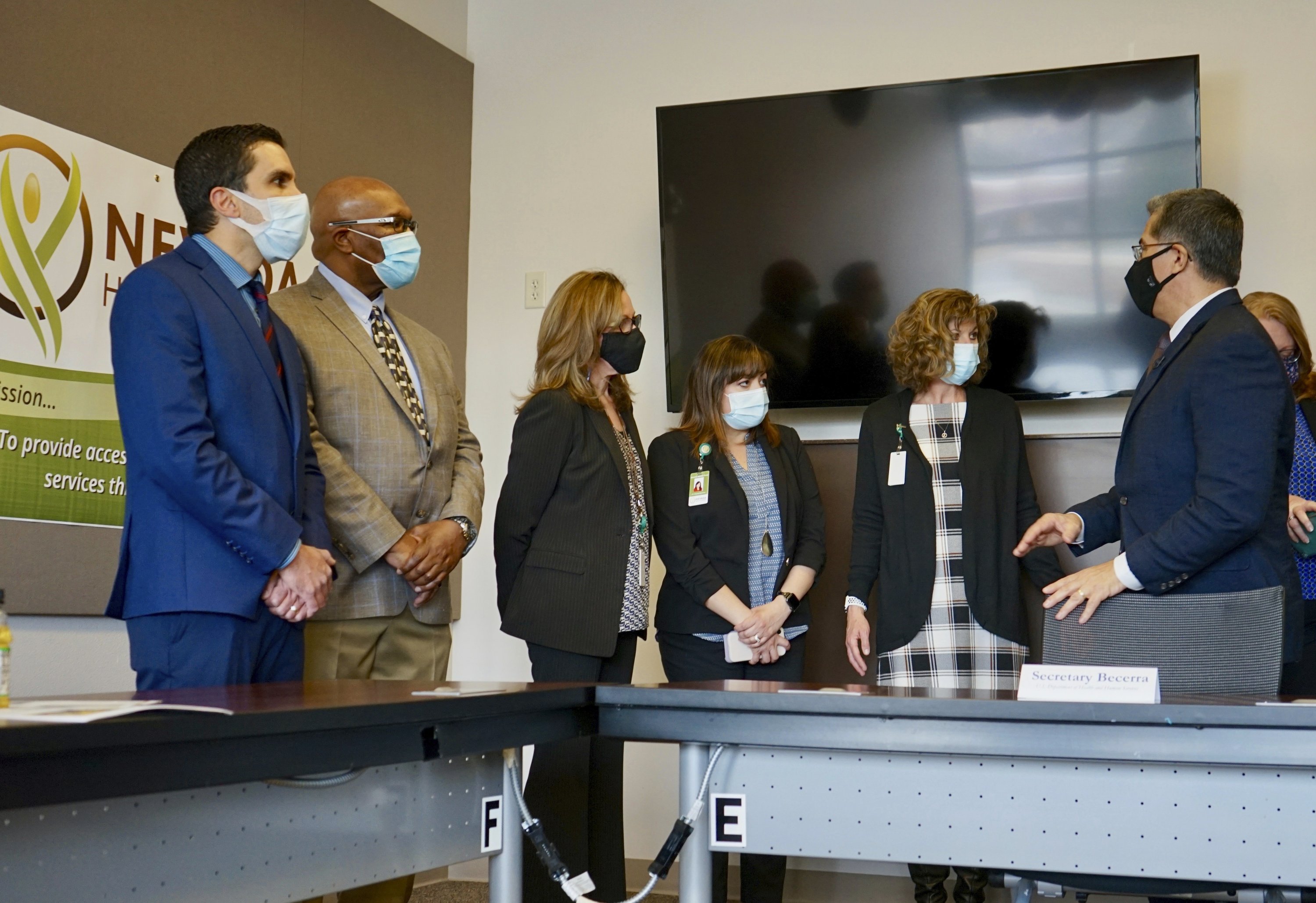
Many employers view health insurance as a critical component of their compensation. But the cost of these benefits has increased steadily for a decade. There are many reasons for this, including rising deductibles, higher prescription drug costs, and increased health system pricing. These trends are driving the rise of premiums and depressing wages. Employers are becoming frustrated with the rising costs and administrative burdens. Others are seeking non-wage options.
Employers are increasingly using wearable devices for wellness programs. One survey found that one in five employers collect data on employees' wearable devices. The main driver of the increase in health insurance prices is still price. However, employers are looking for new payment methods to ensure their employees stay healthy.
The Congressional Budget Office predicts that the number of Americans receiving health coverage through employer-sponsored systems will remain at the same 159 million in 10 years. This means that health insurance will remain a tax-favored option. In 2019, however, the cost for single coverage will exceed 9.86 percent of household income.

Premiums do not include the cost associated with health insurance. They also include the cost of deductibles. An estimated 25% of workers in the United States have a minimum $2,000. A quarter of American workers have a deductible of at least $2,000. This is why many companies choose to self-insure their employees. Self-insured plans save money when claims are low. The employer must pay more if the claim is greater than expected.
Small group rates are determined by the age mix of the employees. Massachusetts is an example of this. Workers under 25 are paid $1186 per year and those over 25 get $6,896.
Larger employers have greater control of plan coverage. Most large employers offer a biometric screen to their employees. They offer a health and wellness program to encourage employees to see lower-cost doctors. The public sector can also tailor their health care plans to fit employees' needs.
Employers with 51 to 100 employees will be moved by the Affordable Care Act into a merged marketplace for 2016 health insurance. These employers will see a rise in premiums of up to 9 percent. The law also requires that each state sets a rate every year. Every year, those who don’t offer affordable plans will be subject to a $3480 penalty.

To comply with the ACA some small employers will need to make additional contributions to subsidize employee health insurance. Massachusetts's example is Massachusetts. Employers are expected to contribute $50/year per employee.
Despite these requirements the number of companies offering health insurance is continuing to decline. Many small employers are unhappy with the high cost of benefits after a decade of rapid growth. These rates of health insurance aren't increasing for most employers but some are still struggling with employees to keep them.
The difficulty of keeping employees on board is growing as the unemployment rate continues to be low. Employers face this issue. Employers will be penalized $2,320 per employee if they do not offer health insurance. Failure to comply with COBRA (a law that requires employers provide ongoing health care for their employees) can result in thousands of dollars in penalties.